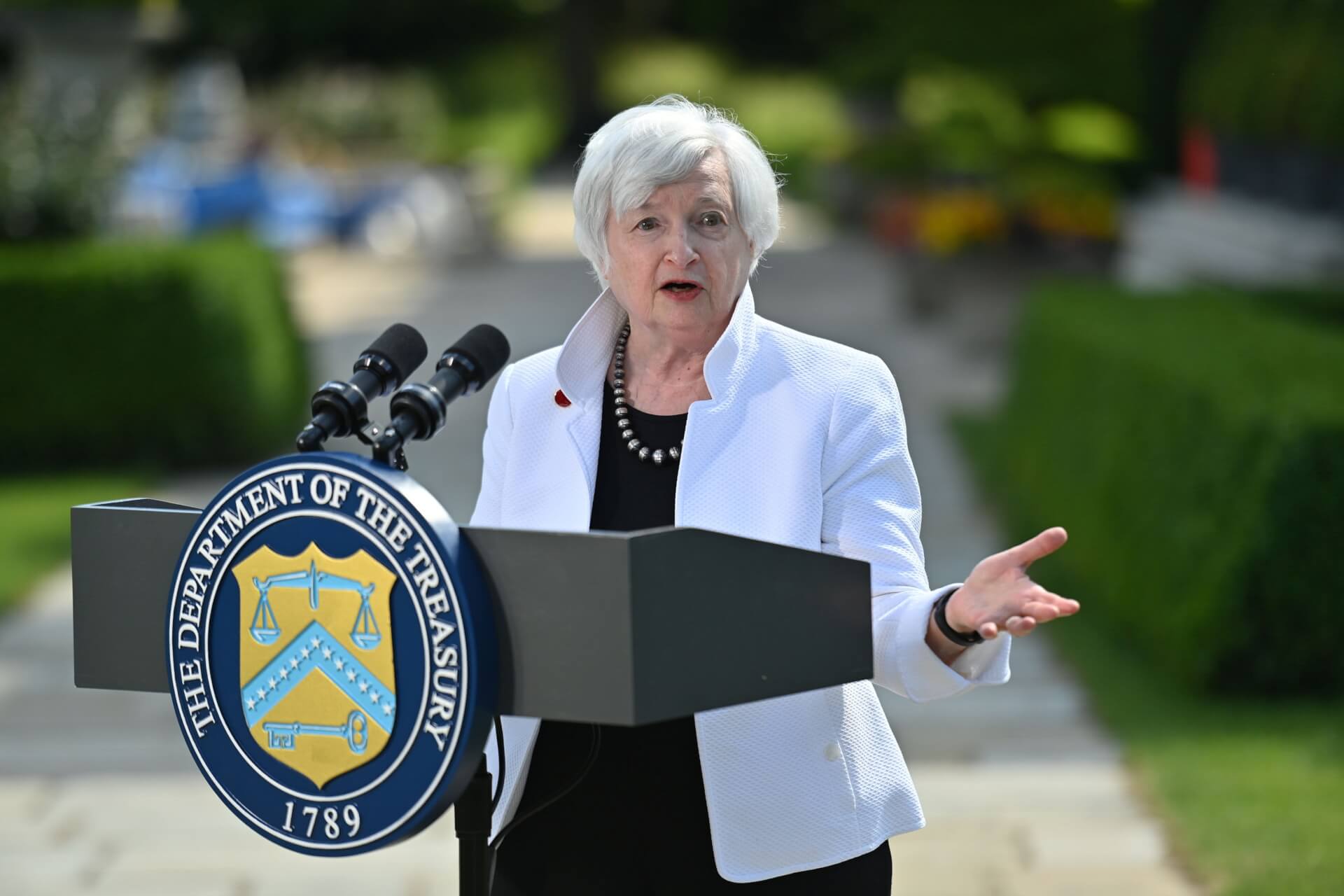A United States (US) proposal calling for a global minimum tax rate of at least 15% for international companies was backed by 130 countries on Thursday. The proposal is part of a broader agreement to change global tax rules, and if implemented, it could reduce the incidence of tax avoidance by multinational corporations.
The Wall Street Journal (WSJ) reported that officials from 130 countries met virtually to agree on the proposal’s implementation. The meeting held under the Organisation for Economic Cooperation and Development (OECD) had all members of the G-20 bloc, including China, India, and Russia, who previously opposed the proposal.
According to OECD estimates, governments lose somewhere between $100 billion and $240 billion in revenue to tax avoidance annually. In this regard, OECD Secretary-General Mathias Cormann hailed the decision of countries to back the proposal as “historic,” saying it would ensure that multinational companies pay their “fair share” of taxes.
In @OECD @g20 Inclusive Framework meeting today, 130 countries & jurisdictions (>90% of global GDP) join important agreement on international #tax reform, to ensure multinational companies pay their fair share of tax wherever they operate. https://t.co/RJZhQbvgxm
— Mathias Cormann (@MathiasCormann) July 1, 2021
“Today is a historic day for economic diplomacy. For decades, the United States has participated in self-defeating international tax competition, lowering our corporate tax rates only to watch other nations lower theirs in response. The result was a global race to the bottom,” said US Treasury Secretary Janet Yellen. She added, “Lower tax rates have not only failed to attract new businesses, they have also deprived countries of funding for important investments like infrastructure, education, and efforts to combat the pandemic.”
US President Joe Biden noted that the decision “marks an important step in moving the global economy forward to be more equitable for workers and middle-class families” in the US and worldwide. “With a global minimum tax in place, multinational corporations will no longer be able to pit countries against one another in a bid to push tax rates down and protect their profits at the expense of public revenue,” Biden remarked. He called this agreement the fulfilment of his promise “to lead the world to deliver a foreign policy for the middle class.”
Moreover, the WSJ reported that large tech companies endorsed the change in global tax rules even if it means paying more taxes. Multinational companies like Amazon and Facebook believe that a global minimum tax deal could eliminate the “threat of a patchwork of overlapping national taxes like those in France and the UK.” Last month, a Facebook official said the company welcomes the push towards new global tax rules, adding that existing rules are not a reflection of an “increasingly online world.”
However, several countries, including Ireland, Hungary, Nigeria, Kenya, Peru, and Sri Lanka, have objected to a minimum tax deal. Ireland, for instance, is the headquarters for some of the largest US tech companies, including Facebook and Google. It has argued that a global tax deal would restrict the freedom of small countries to offer attractive tax rates to companies, thereby affecting foreign investment and reducing revenues.
The global minimum tax rate, which the US initially proposed during the G-7 Finance Ministers’ Meeting in London earlier this month, would require multinational companies like Amazon, Google, and Facebook to pay more in taxes. It also ensures that incentives to shift to low-tax offshore havens are reduced.

